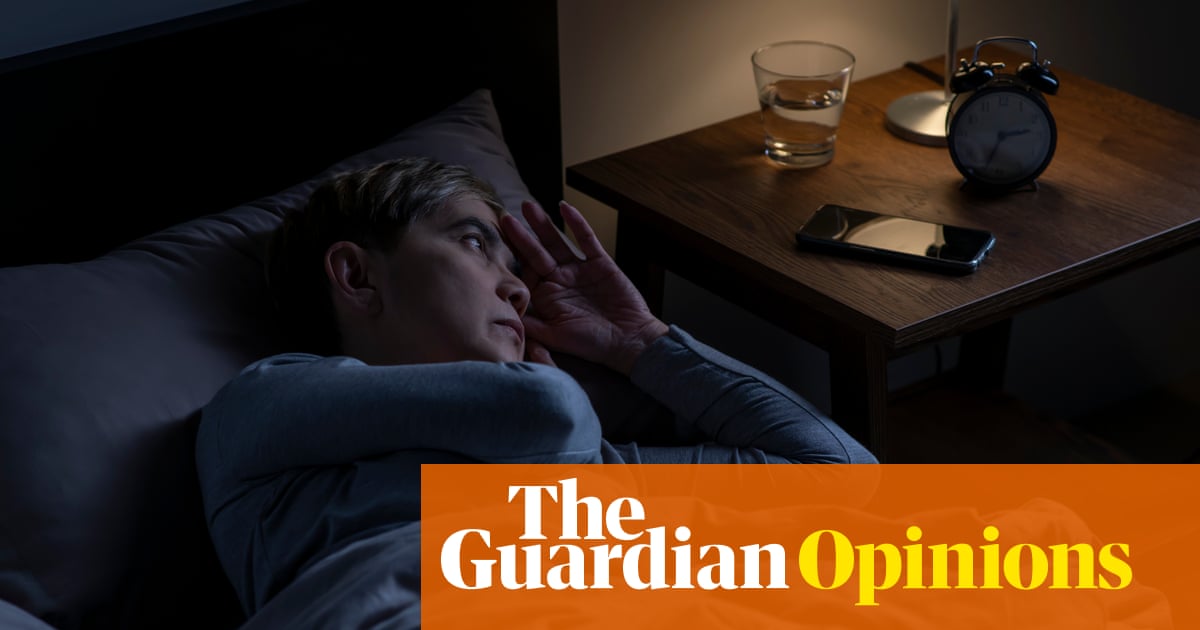
"Persistent issues with sleep may also impact our general health and cause problems such as heart disease, high blood pressure, obesity, stroke and depression."
"Her insomnia wasn't just a quirk of biologyâit was a symptom of something she had spent years avoiding."
"Insomnia and other poor sleep patterns can have serious implications for health and general wellbeing, leading to trouble with learning, memory, and concentration."
"The body's ability to switch off and enter restorative sleep is deeply tied to its stress response, particularly in those who have experienced childhood trauma."
Chloe always struggled with insomnia, believing it was her unique biology. Initially, she used her sleepless nights to be productive but later found the exhaustion debilitating. Despite various remedies, nothing worked. Therapy revealed her insomnia was a symptom of unresolved trauma, particularly from childhood, illustrating how poor sleep can be linked to hypervigilance from past adversities. This article underscores the connection between sleep issues and mental health, emphasizing that insomnia can lead to serious health problems, including heart disease and depression, and often stems from emotional distress rather than biological factors.
Read at www.theguardian.com
Unable to calculate read time
Collection
[
|
...
]